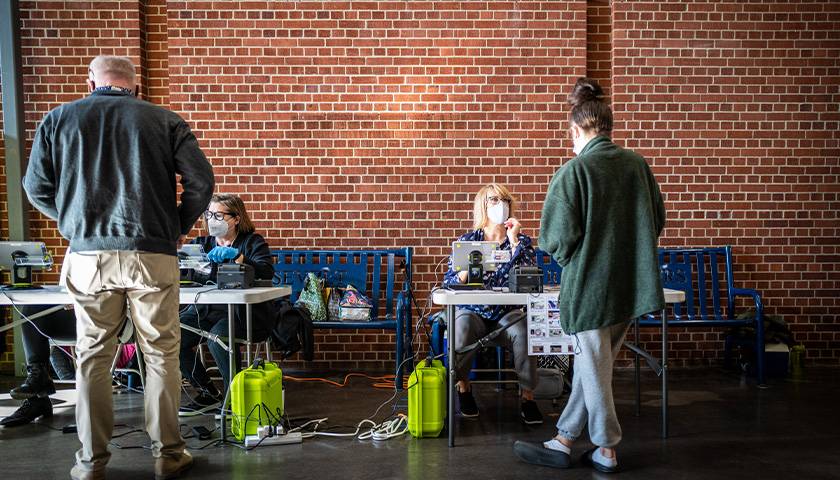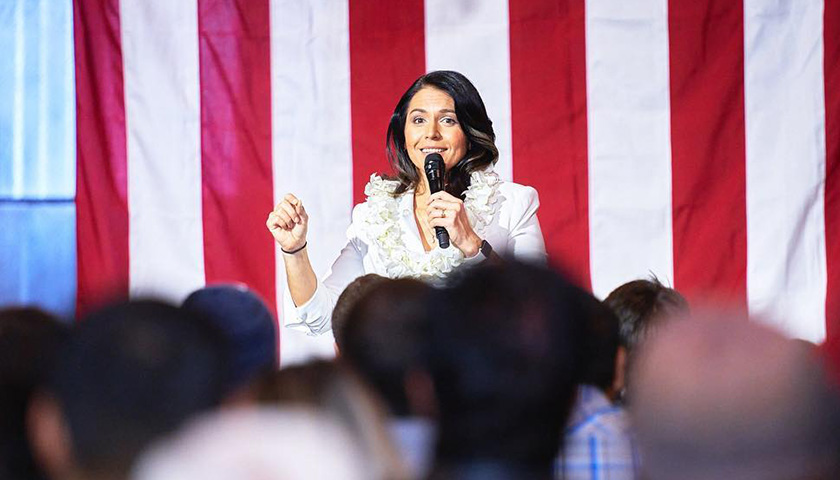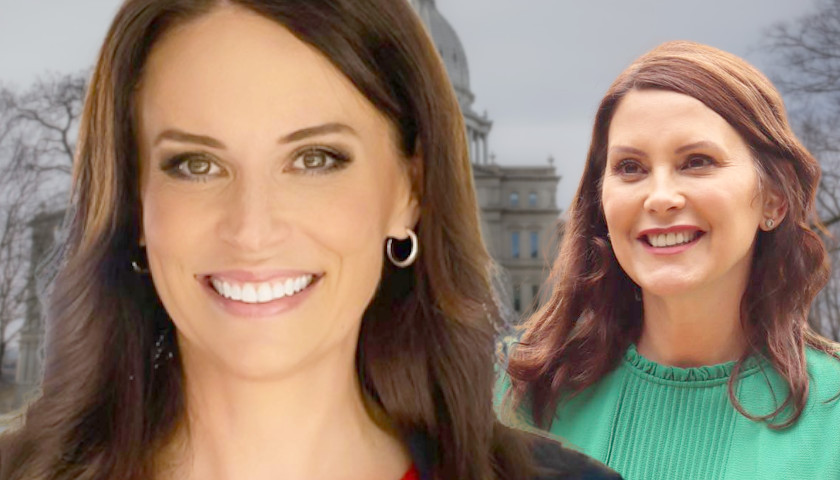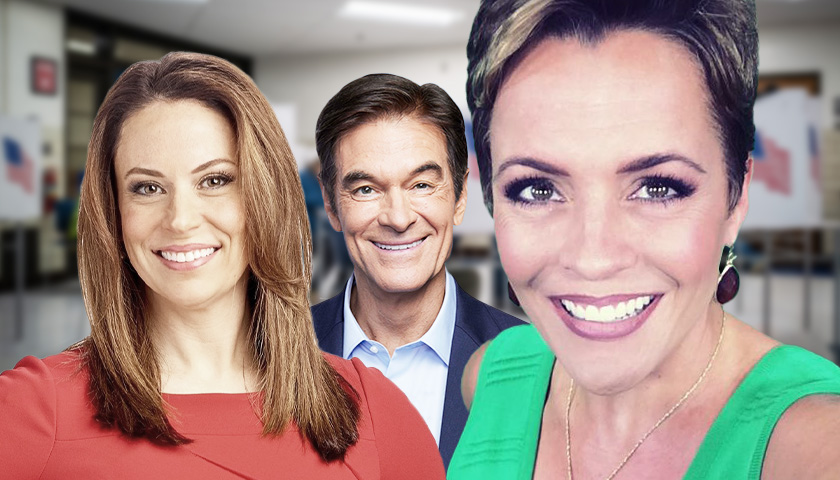In the hotel where Abraham Lincoln kicked off his Civil War presidency, and Dr. Martin Luther King Jr. refined his most famous speech, dozens of organizations gathered this week with a common goal: to forge a historic coalition that would catapult conservatives to the forefront of early voting and election lawfare and expand their movement to Hispanics, Asians, union workers, and African-Americans fleeing the Democratic Party.
Read MoreTag: Tudor Dixon
Commentary: As Ex-Democrat Tulsi Gabbard Stumps for Republicans, Many Ask If She Has Coattails
On polls taken up to Oct. 17, Arizona Republican nominee for Governor Kari Lake was leading her opponent Katie Hobbs by 3 and 4 points respectively in Daily Wire/Trafalgar and Data for Progress polls. And then she got the endorsement of former Democratic U.S. Rep. Tulsi Gabbard of Hawaii, fresh off leaving the Democratic Party, on Oct. 18 in a Twitter post.
“For too long, establishment leaders from both parties have sought to enrich themselves, play games, and build up their power while ignoring and even enabling the suffering of millions of hard-working Americans,” Gabbard said in a press release, adding, “Kari Lake is a leader who puts people first, fighting for border security, energy independence, public safety, and other policies that actually make life better and more affordable for the American people.”
Read MoreInsider Advantage: Michigan Governor’s Race Tied; Joe Biden’s Approval Down to 37 Percent
Michigan Gov. Gretchen Whitmer (D) is tied with Republican challenger Tudor Dixon (44 percent to 44 percent), a new Insider Advantage poll shows. The poll, which surveyed 550 likely voters on October 11 and 12, showed 3 percent support for Libertarian candidate Mark Duzuma, and 2 percent for Green Party candidate Kevin Hogan. One percent of likely voters chose “other,” and 7 percent had no opinion.
Read MoreDemocrats Duck Debates with Pro-Trump Opponents Scorned as ‘Weak’ General Election Candidates
In races scattered across the country, Democratic candidates are shying away from debates with Trump-aligned opponents — party nominees who have been widely dismissed by media and political elites as weak general election candidates devoid of crossover appeal.
Reuters, for example, opined in late July: “Republican voters’ embrace of fringe and divisive candidates is jeopardizing the party’s goal of taking control of the U.S. Senate in November’s midterm elections, as well as winning key governors’ races.”
Read More



